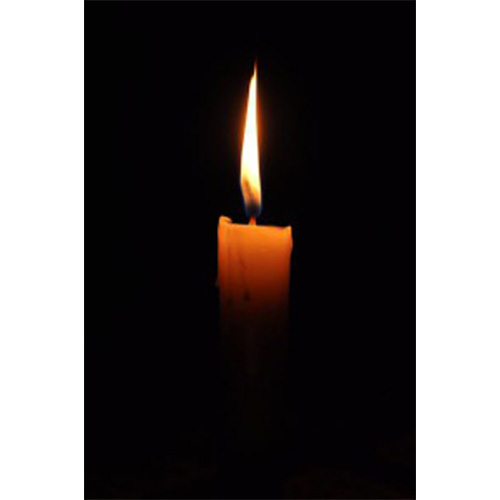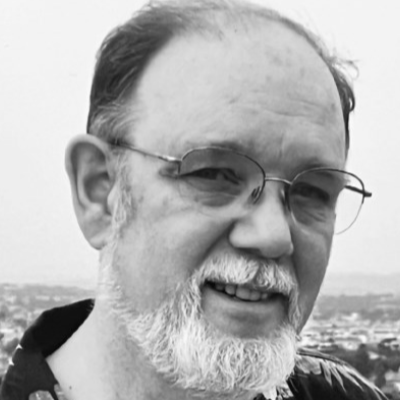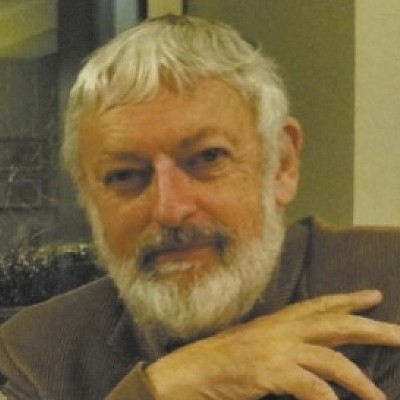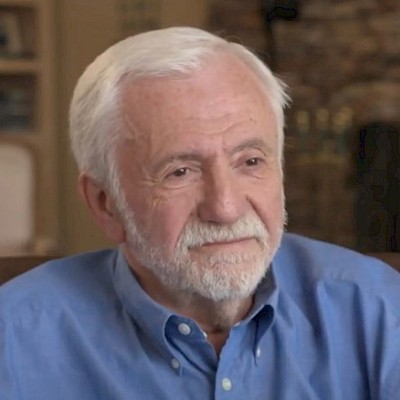
James Wilding
James A. Wilding, an airport executive who helped push for the transfer of Washington’s two major airports from federal control to an independent authority in the 1980s and was instrumental in their expansion to meet increased passenger demand as leader of that new body, died Feb. 24 at a rehabilitation center in Cary, N.C. He was 85.
The cause was complications from Parkinson’s disease and hip surgery, said his daughter Patricia Wilding.
Trained in college as a civil engineer, Mr. Wilding was hired by the Federal Aviation Administration in 1959 and participated in the planning and development of Washington Dulles International Airport. He later became chief of the engineering staff at Dulles and National (later Reagan National) airports.
In 1979, he was named director of the FAA-owned and -operated authority overseeing Dulles and National, which were the only commercial airports in the country then owned and operated by the federal government. That meant the airports were susceptible to the cutback whims of legislators overseeing the federal budget, and investment in the two airports was much smaller than most others of comparable size.
Even the simplest of requests required going hat in hand to Capitol Hill. “Take something as simple as buying a new truck,” Mr. Wilding told The Washington Post at the time. “If the fire station at National needs a truck, we have to go to Congress to get the money.”
In 1984, with strong backing by Transportation Secretary Elizabeth Dole, a federal advisory commission she had appointed recommended the government renounce ownership and control of the two airports and hand it over to an independent public authority. According to the commission, the changeover would allow the airports, estimated to need nearly $200 million to finance new terminal and runway construction, to issue revenue bonds to fund improvements.
Some members of Congress reportedly were loath to give up control for fear of losing privileged access to National Airport, where they were guaranteed a parking spot after making the 15-minute drive from Capitol Hill.
Many airline industry officials marveled at Mr. Wilding’s self-effacing and even-temper in the most difficult of circumstances. The Post once called him a “quiet manager, a detail man who some employees say appears to feel more comfortable with computer printouts than with his colleagues.”
After the new Washington Metropolitan Airports Authority was formed in 1987, Mr. Wilding guided the organization through a multibillion-dollar capital development program that helped modernize the two airports, including a new terminal and an expanded runway at Reagan.
At Dulles, he led terminal and concourse expansions — helping, he said, transform the airport from “just a handful of overseas flights to London and Paris and little else to rank as a major gateway.” (The international arrivals hall, completed in 2011, was named in his honor.)
By the time he retired in 2003 as president and chief executive of the Washington Metropolitan Airports Authority, he had led the two airports through the implementation of post-Sept. 11, 2001, security measures as well as bankruptcy filings by major carriers, an economic disruption that can have an impact on vital fees to the airports.
“Jim was savvy,” Edward Faggen, the airports authority’s former general counsel, wrote in an email. “Parking for members of Congress was preserved. Congressional skepticism stemmed as much from fear of local control, people who wanted to limit or close National Airport due to noise complaints. Congress needed much assurance to make sure that would not happen.
“Jim was instrumental in reaching compromises with the Congress and the community," Faggen added.
James Anthony Wilding was born in Washington on Dec. 22, 1937 . His father was chief of the supply division at the Smithsonian Institution, and his mother was a homemaker. He graduated in 1955 from the Priory School (now St. Anselm’s Abbey School) in the District and in 1959 from Catholic University.
He was a member of the federal Senior Executive Service and was an officer in professional and regional development groups. A longtime resident of Silver Spring, Md., where he was a member of St. Andrew the Apostle Catholic Church, he relocated to Cary eight years ago.
In 1961, he married Marcella Gibbons. In addition to his wife, of Cary, N.C., and daughter, of Greensboro, N.C., survivors include three other children, Matthew Wilding of Arlington, Va., William Wilding of Evansville, Ind., and Marci Wilding of Cary; a brother; eight grandchildren; and a great-grandson.
In interviews, Mr. Wilding recounted the most dramatic moments of his career.
The worst day, he said, was the January 1982 Air Florida crash, which occurred moments after takeoff at National, when the plane — because of improper de-icing and other problems — could not gain enough height, clipped cars after it hit the 14th Street Bridge, and plunged into the Potomac River. Seventy-eight people died, including four motorists.
In large part motivated by that disaster, Mr. Wilding said, he successfully pushed to lengthen the overrun, an extension of the runway used to provide a safety margin in case an aircraft has to abort take off and needs more distance to stop.
Three years after the Air Florida disaster, an Eastern Shuttle jet ferrying 177 people rejected takeoff at National and came to rest, Mr. Wilding said, “at the very end of the extra 750 feet.”
As he recalled to The Post, he and one of the staff engineers, Frank Conlon, “just stood there looking at the plane, and I said, ‘Frank, I don’t know what would have happened to those people if the overrun hadn’t been there, but it wouldn’t have been good.’ That’s probably the most satisfied I’ve ever felt.”
•
Remembering James Wilding
Use the form below to make your memorial contribution. PRO will send a handwritten card to the family with your tribute or message included. The information you provide enables us to apply your remembrance gift exactly as you wish.




